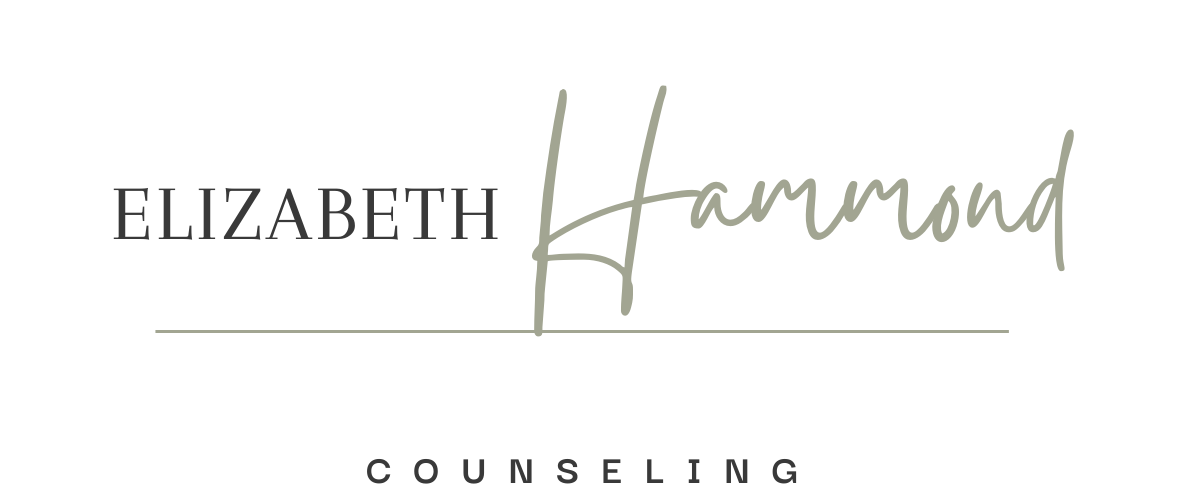How to Choose The Right Eating Disorder Therapist Who Will Meet Your Needs
Find an eating disorder therapist in Providence, RI. Serving all of MA, RI, and VT with virtual therapy.
Finding the right therapist to guide you or a loved one through eating disorder recovery is an important and personal decision.
Eating disorders require specialized care, and while there are many professionals out there, not all of them will have the expertise or approach that aligns with what you need. When searching for an eating disorder recovery therapist, there are a few key factors to consider: experience, treatment modalities, personality fit, and cost.
Let’s explore these aspects to help you make an informed choice.
How to assess experience and qualifications when looking for an eating disorder therapist.
One of the most important factors in selecting a therapist for eating disorder treatment is their level of experience. Since this specialty isn't regulated, anyone can claim expertise, so it's crucial to verify their qualifications and background.
Start by looking for information on the therapist's website. Ideally, they should list their education, certifications, and any specialized training related to eating disorder treatment.
If the information isn't available online, don’t hesitate to schedule a consultation call. During this initial conversation, you can ask about their experience working with eating disorders, their success stories, and the specific techniques they use.
A therapist with the right qualifications should be able to explain their background confidently and how it applies to your situation.
Understand the modalities eating disorder recovery therapists use.
The approach or treatment modality your therapist uses is another important aspect of your recovery journey.
Different methods work for different people, and what might be effective for one person may not be right for you.
It’s important to ask about the therapist's preferred treatment methods and consider how they align with your personal needs.
Some common therapeutic approaches for treating eating disorders include:
Cognitive Behavioral Therapy (CBT): Focuses on identifying and changing unhealthy thought patterns related to food, body image, and self-worth.
Family-Based Treatment (FBT): Often used for adolescents, this method involves family members in the recovery process to support the individual struggling with an eating disorder.
Dialectical Behavior Therapy (DBT): Helps individuals manage intense emotions, reduce unhealthy behaviors, and improve relationships.
During your consultation, ask your therapist to explain their approach and how they would tailor it to your specific circumstances.
You should feel comfortable and empowered by their methods, as this is a significant part of your recovery process.
How to find an eating disorder therapist with the right personality.
Therapist-client relationships are deeply personal. Even if a therapist has the right qualifications and uses the most effective treatment modalities, they still might not be the right fit for you.
It’s important that you feel safe, comfortable, and supported by your therapist.
This is why consultations are so important!
In addition to asking about their experience and techniques, take time to gauge how you feel during your conversation with the therapist. Do they listen carefully to your concerns? Do they create an atmosphere of empathy and understanding? If you feel at ease and can picture yourself opening up to them, that’s a good sign.
On the other hand, if something doesn’t feel right, it’s okay to move on.
When choosing an eating disorder therapist, don’t forget to consider the cost.
Cost is often an uncomfortable topic, but it’s an important factor to consider when choosing a therapist.
Unfortunately, many therapists who specialize in eating disorders do not participate in insurance networks due to low reimbursement rates. This can make treatment more expensive, but there are ways to manage the cost of eating disorder therapy and still access the care you need.
First, ask your therapist upfront about their fees and whether they accept your insurance. If they don’t accept insurance, ask if they provide a superbill—a detailed invoice that you can submit to your insurance company for out-of-network reimbursement. If your insurance offers out-of-network benefits, you may be able to get some of the costs covered. You can learn more about out-of-network benefits here.
Additionally, discuss payment plans or a treatment schedule that works with your budget.
Some therapists are flexible and may offer sliding scale fees or options for less frequent sessions.
Where to start looking for an eating disorder therapist.
Recovery is a personal journey, and it's okay to take the time you need to find someone who feels like the right fit.
If you’re eager to get the support you need but don’t know where to start, I can help. I offer one-time 90-minute consultations to help individuals determine what level of care they would benefit from. Book a call today!
I provide support with eating disorder treatment for individuals in Rhode Island, Massachusetts, and Vermont. My goal is to help you feel connected, empowered, and confident throughout your recovery. Visit my page to learn more about how I can support you on this journey.


